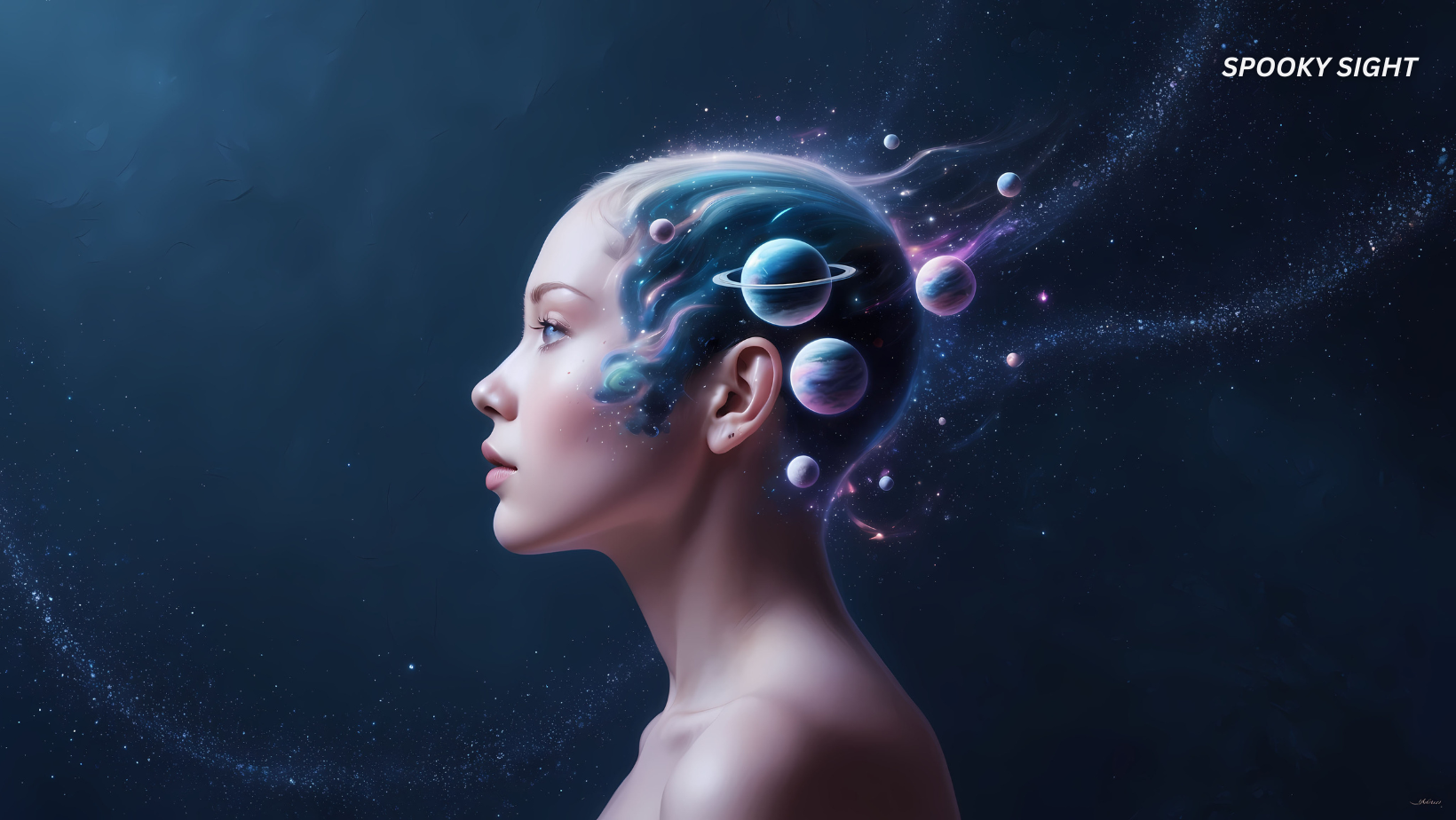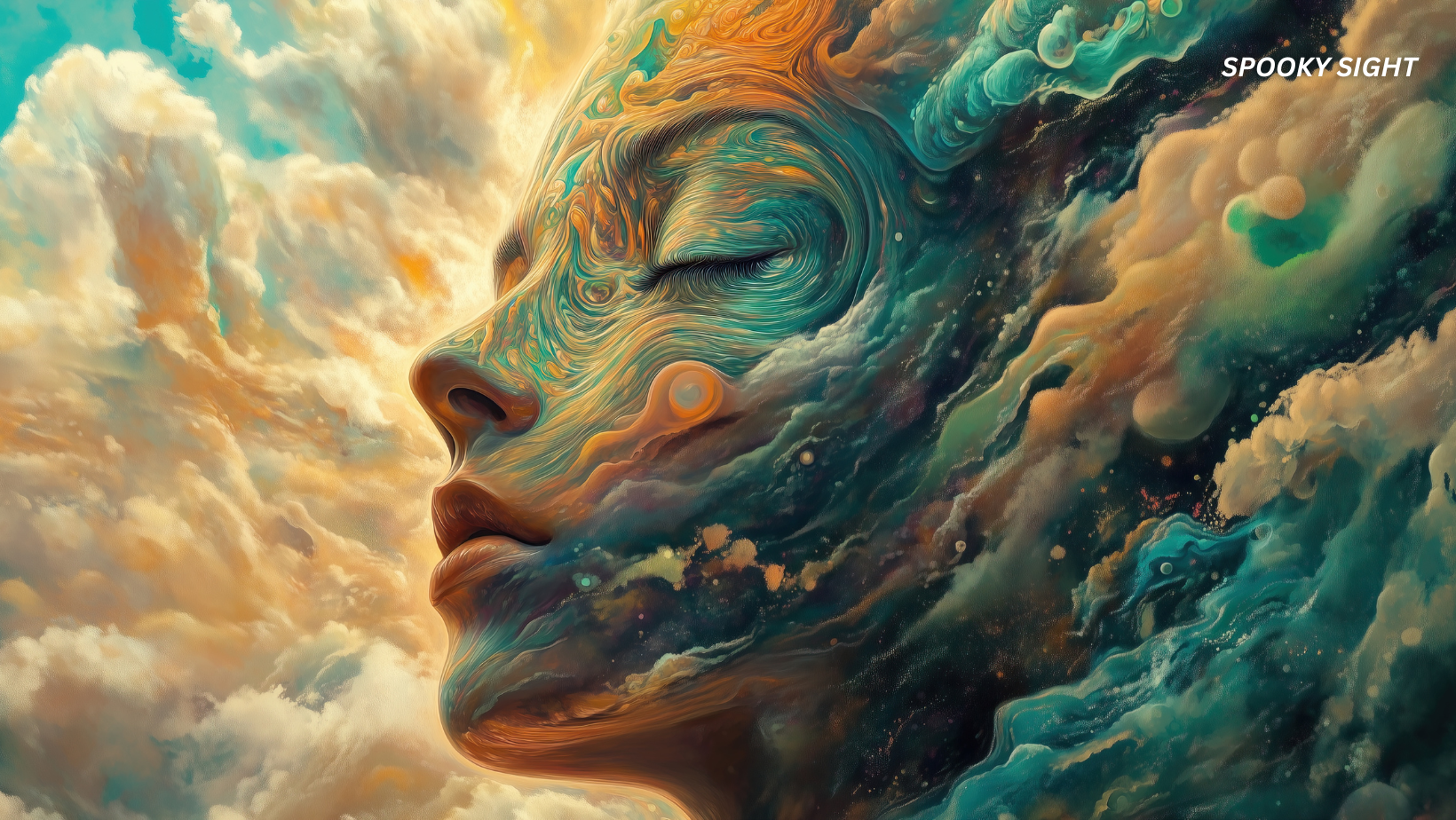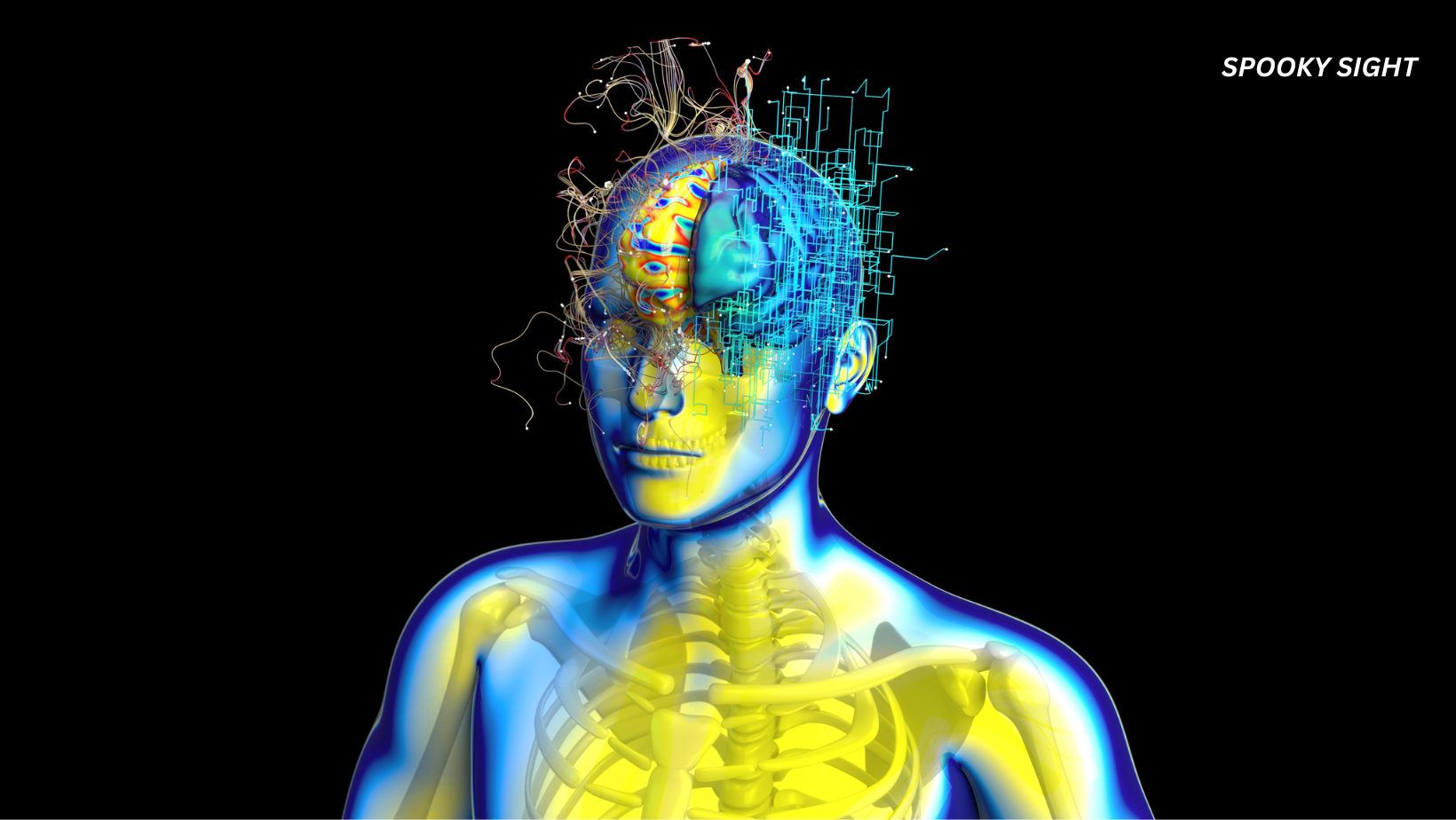The age-old question, “What is consciousness?” has transitioned from philosophical musing to scientific inquiry. No longer reserved for spiritual thinkers or late-night dorm debates, the exploration of consciousness is now being led by experts in physics, biology, neuroscience, and beyond. And the discoveries being made are nothing short of astonishing.
Across disciplines, scientists are delving into bold theories that have begun to challenge our foundational understanding of life, reality, and the self. Questions that once seemed abstract are now being pursued with empirical rigor, such as:
- Could consciousness exist outside the brain?
- Does awareness persist beyond physical death?
- Is reality shaped solely by perception, or can it be actively molded by consciousness itself?
To tackle these questions, all that’s needed is a curious mind and a willingness to reconsider what has long been accepted. Let’s explore this emerging frontier, where science meets the surreal—and where consciousness may prove to be much more than just mental activity.
Could Every Cell Possess Awareness?
A growing number of researchers have begun to question whether consciousness is confined to the brain alone. One of the voices at the forefront of this inquiry is Dr. William B. Miller, an evolutionary biologist and medical doctor. His work explores a radical idea: that consciousness may not be a product of complex neural networks, but a feature present even at the cellular level.
Rather than viewing cells as mere components executing genetic instructions like emotionless machines, Miller and other like-minded scientists suggest that the trillions of cells composing the human body might possess a basic form of consciousness themselves. From this perspective, life and awareness would have emerged together, from the very start.
The theory posits that consciousness is not a byproduct of evolution, but a driving force behind it. This notion challenges Charles Darwin’s long-established model of natural selection, offering a view where agency and sentience are distributed throughout all living cells—not just within the brain.
This idea has gained further credibility with the development of so-called “xenobots.” These are multicellular organisms designed through artificial intelligence, composed of living frog cells but reprogrammed to perform novel tasks. What’s remarkable is that these cells behave in ways that diverge from their natural biological roles. For instance, some use their cilia not for moving mucus, but for navigating environments—a function that wasn’t originally encoded in their DNA.
Dr. Peter Noble and Dr. Alex Pozhitkov, two scientists who have studied xenobots extensively, describe them as representing a “third state” of life. These novel organisms are able to self-organize and adapt, even after the death of the host organism, raising significant questions about where life truly begins and ends.
In this light, the conscious cell—not the larger organism—may be the true building block of biological agency. If this proves correct, a fundamental rethinking of what it means to be alive may soon be necessary.
Read more: Scientist Claims That Human Consciousness Comes From Another Dimension
Is Consciousness Entangled with Quantum Mechanics?
The search for consciousness has also taken researchers deep into the microscopic world, where quantum mechanics governs the behavior of matter and energy. Some believe this mysterious realm may hold the key to understanding the origins of conscious experience.
\According to one school of thought, consciousness arises from quantum processes occurring within the brain. This idea has been championed by a number of theorists, including Dr. Michael Pravica. He has suggested that the brain might tap into hidden dimensions during moments of heightened awareness—perhaps during those sudden “Eureka!” insights that seem to emerge out of nowhere.
When theoretical and experimental physicists were asked whether a definitive link between quantum activity and consciousness exists, their responses varied. While some remain skeptical, others are intrigued by the possibility. Though consensus has not yet been reached, the theory has not been ruled out.
Intriguingly, some evidence has begun to surface in laboratory settings. In a groundbreaking experiment, scientists introduced anesthesia to a group of rats, while a subset received molecules that stabilized parts of their brain known as microtubules. These tiny, tube-like structures have been hypothesized to perform quantum operations within neurons.
The results were unexpected. Rats with stabilized microtubules remained conscious longer than those without, hinting at a potential relationship between quantum-level activity and the experience of consciousness. While far from definitive, this finding opens the door to deeper investigation into how our awareness may be fundamentally quantum in nature.
Read more: Death Doesn’t Really Exist And May Be An Illusion, According To Quantum Physics
Can Psychedelics Expand the Boundaries of Consciousness?
As strange as it sounds, the journey into consciousness research has been heavily influenced by substances once relegated to counterculture and controversy—psychedelics. Recent studies have given these mind-altering compounds a new place in scientific research, especially regarding their ability to alter perceptions and expand awareness.
At Johns Hopkins University’s Center for Psychedelic and Consciousness Research, scientists have documented profound experiences reported by individuals under the influence of compounds like LSD and DMT. Participants often describe a deep connection to a higher or ultimate reality. Many also report a diminished fear of death, suggesting that psychedelics may offer more than just temporary hallucinations—they could provide insight into consciousness itself.
The story doesn’t end there. A team of researchers from the Miguel Lillo Foundation in Argentina has explored the idea that psychedelics may have played a formative role in shaping human consciousness over millennia. Their review concluded that substances like psilocybin—the active compound in “magic mushrooms”—may not only influence perception during use, but may have helped evolve the way humans think, feel, and interpret reality across generations.
This bold hypothesis suggests that our minds may have been shaped, in part, by ancient interactions with hallucinogenic plants and fungi. If true, then altered states of consciousness might not be deviations from reality, but keys to understanding its very formation.
Each day, researchers around the world edge closer to unraveling these profound mysteries. Whether through brain scans, quantum experiments, or the unexpected wisdom found in mushrooms, the journey continues with curiosity as the compass.
This pursuit is not just about understanding what happens inside the mind. It may eventually reveal how consciousness affects the world outside of us—and possibly how it constructs reality itself. The implications are enormous. If consciousness is not confined to the brain, not anchored in biology, and not limited by traditional science, then humanity stands at the threshold of a new understanding of existence.
What is consciousness? It may be the essence of life, the architect of evolution, and the unseen force shaping the universe moment by moment. And with each discovery, the truth seems more astonishing than the last.
Read more: The First Communication Between Two Humans While Dreaming Has Been Achieved – This Is How It Works
Final Thoughts
The exploration of consciousness stands as one of the most captivating and consequential frontiers in science today. From cellular awareness and quantum entanglement to psychedelic insight and speculative physics, researchers are gradually piecing together a picture that defies conventional wisdom.
Rather than being a static phenomenon produced solely by neurons, consciousness is beginning to look like a dynamic, multi-layered force—possibly embedded in every level of existence. The more it is studied, the more mysterious and awe-inspiring it becomes.
Whether found within cells, resonating through quantum fields, or awakened by ancient fungi, consciousness is proving to be more than just mental awareness. It may be the hidden current running beneath all of reality.
Stay curious. The mind has only just begun to wake up.
Featured image: Freepik.









